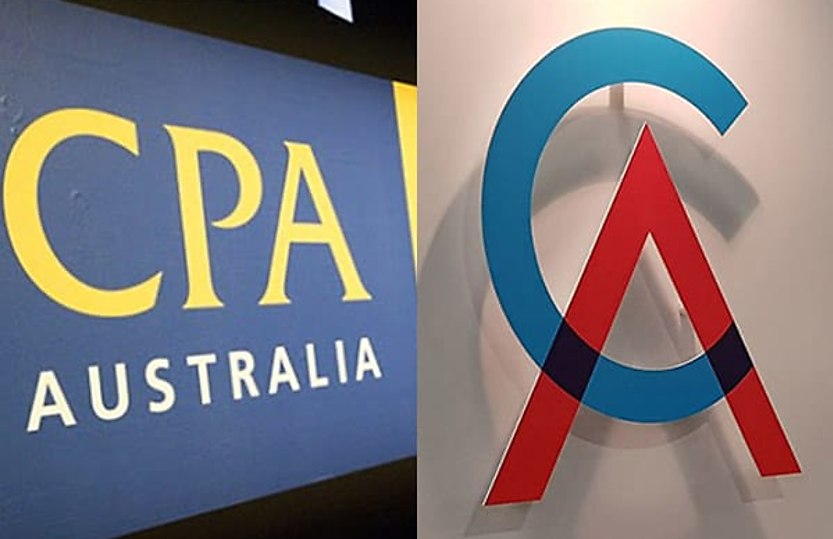Government urged to modify thresholds for sustainability reporting

Proposed requirements for climate-related reporting may result in an “adverse cost to benefit ratio” for certain types of unlisted entities, the joint bodies caution.
The major accounting bodies have urged the government to re-evaluate the reporting thresholds set out its proposed framework for climate-related financial disclosure.
The government released a consultation paper on proposed reforms for mandatory climate disclosure last month which sets out which entities will be required to report and when they will be required to commence reporting.
Chartered Accountants ANZ and CPA Australia have flagged concerns that the reporting threshold for group 3, which aligns with that for financial reporting by large proprietary companies, is too low for the purposes of climate-related disclosures and assurance.
“To balance the regulatory burden and complexity for business against decision useful information, we propose that the threshold for Group 3 is re-evaluated and modified to align with other similar existing reporting thresholds, being consolidated revenue of A$100 million for unlisted entities and include all listed entities regardless of size,” the major accounting bodies said in a submission.
Under the proposed roadmap in the consultation paper, Group 3 encompasses companies that fulfil two of three thresholds:
- Has over 100 employees
- The value of consolidated gross assets at the end of the financial year of the company and any entities it controls is $25 million or more
- The consolidated revenue for the financial year of the company and any entities it controls is $50 million or more
It would also include entities required to report under Chapter 2M of the Corporations Act 2001 that are a controlling corporation under the NGER Act.
The accounting bodies are also concerned about the “adverse cost to benefit ratio” for some unlisted entities that would fall within Group 3.
“Climate-related financial disclosures have been driven by investor demands for high quality comparable information on climate-related risks globally. However, it is difficult to justify full climate-related financial disclosures for all entities that would be within Group 3 as currently proposed, based on the users of this information,” the submission stated.
“We also consider the cost of reporting for some of the proposed Group 3 entities ($50 million or more consolidated revenue) would not be proportional to the physical and transition risks that this group would face.”
The professional bodies have urged Treasury to undertake more analysis and engagement in order to gain a better understanding of the regime, particularly for entities at the lower end of the reporting spectrum.
“To balance the regulatory burden and complexity for business against decision useful information, we propose that the threshold for Group 3 is re-evaluated and modified to align with other existing reporting thresholds,” the submission said.
Transitional arrangement and modified liability approach
The accounting bodies have welcomed the inclusion of a modified liability approach in relation to scope 3 emissions and forward-looking statements and regulator-only actions over a fixed year period.
“We see this as bringing a practical balance between accountability for disclosures and allowing time for the market to mature,” the submission said.
However, the submission noted that the inclusion of the modified liability approach does not provide all reporting entities the same protections in their first year of reporting.
Currently, the three-year protection period will only apply to Group 1 and Group 2 (partially) and will end before the first reporting period commences for Group 3 entities.
Treasury has expressed that by the commencement of reporting for Group 3 entities it expects there will be sufficient examples for the market to use to guide scope 3 GHG emissions disclosures and forward-looking statements.
The joint bodies warned that climate reporting will still be in its infancy at this point, particularly for group 3 entities given the significant gap in knowledge, processes and resources.
“We recommend the fixed three-year period from the commencement of the regime should be reconsidered and be extended to all reporting entities for at least their first reporting period, whether voluntary or mandatory,” the submission said.
About the author







